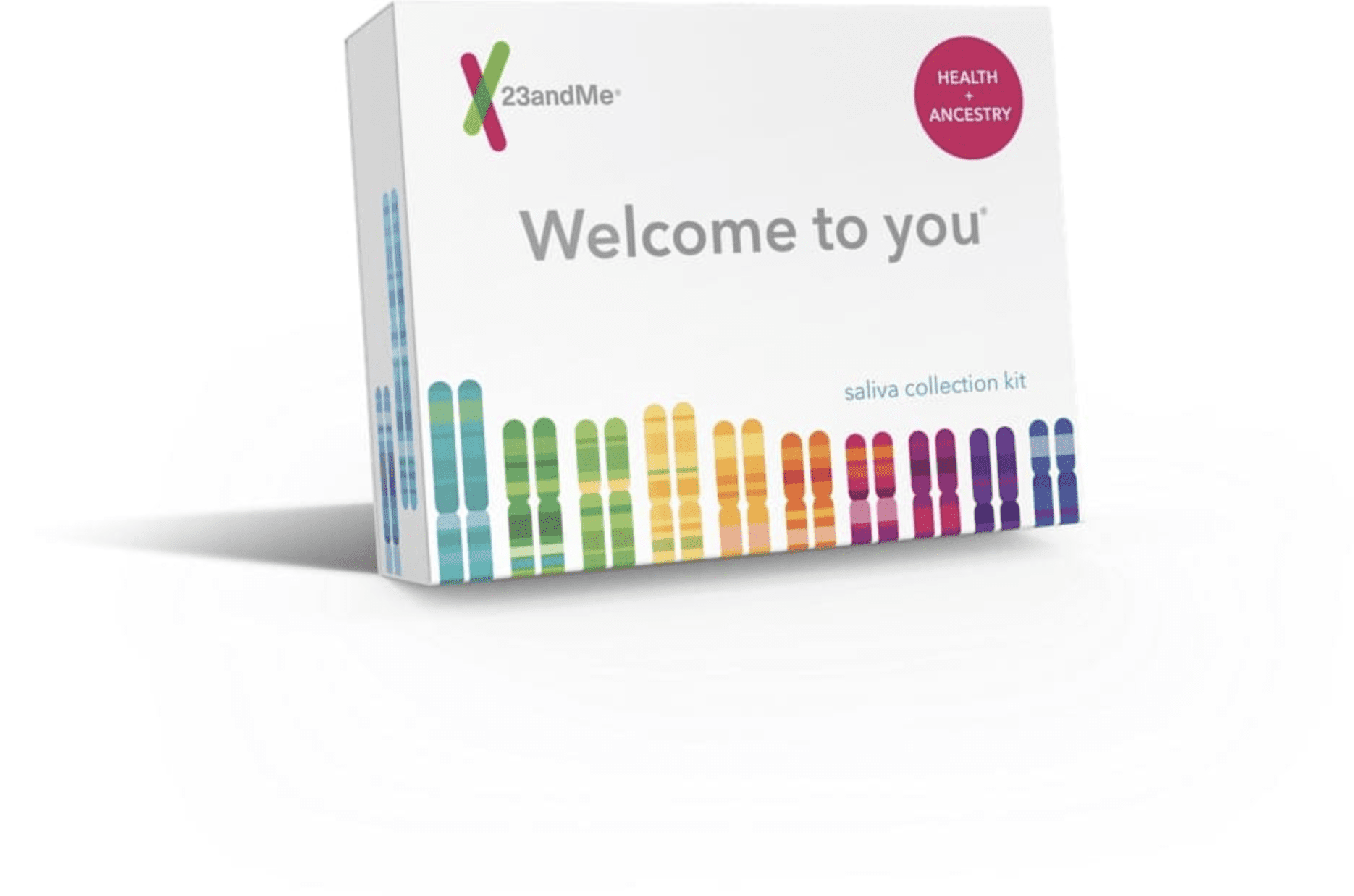Let's talk aboutBeta Thalassemia and Related Hemoglobinopathies
What is beta thalassemia?
Beta thalassemia is a genetic disorder characterized by anemia and fatigue as well as bone deformities and organ problems. A person must have two variants in the HBB gene in order to have this condition. People with just one variant in the HBB gene are called carriers. They’re not expected to have the condition themselves, but they could pass their variant on to their future children.
Causes of beta thalassemia
Beta thalassemia and related hemoglobinopathies are caused by variants (differences) in the HBB gene. The HBB gene contains instructions for making a protein called beta-globin. This protein is part of a larger protein called hemoglobin that is found in red blood cells. Hemoglobin transports oxygen from the lungs to all other cells of the body. Certain variants in HBB alter the structure of hemoglobin, making it defective in transporting oxygen.

When symptoms develop
Symptoms of beta thalassemia and related hemoglobinopathies typically develop any time from late infancy (severe form) into adulthood (intermediate form).
Typical signs and symptoms
- Anemia
- Fatigue
- Enlarged liver and spleen
- Poor growth and weight gain
- Bone deformities
- Iron buildup in multiple organs
Ethnicities most affected
Beta thalassemia and related hemoglobinopathies are most common in people of Mediterranean, Middle Eastern, North African, Transcaucasian, Central Asian, South Asian, Southeast Asian, and Southern Chinese descent.
Explore more
You can find out whether you may be a carrier for beta thalassemia with 23andMe. Being a carrier means you have a genetic variant that you could pass down to your future children. 23andMe does not test for all possible genetic variants linked to beta thalassemia and related hemoglobinopathies, and individuals who have zero variants detected still have a chance of being a carrier for beta thalassemia and related hemoglobinopathies.
The 23andMe Beta Thalassemia and Related Hemoglobinopathies Carrier Status report* looks at 10 genetic variants in the HBB gene linked to these conditions and is most relevant for people of Sardinian, Cypriot, Italian and Greek descent. This report is available through the 23andMe Health + Ancestry Service.

Health + Ancestry Service
*The 23andMe PGS test uses qualitative genotyping to detect select clinically relevant variants in the genomic DNA of adults for the purpose of reporting carrier status and reporting and interpreting genetic health risks. The relevance of each report may vary based on ethnicity. Our carrier status reports can be used to determine carrier status, but cannot determine if you have two copies of any genetic variant. These carrier reports are not intended to tell you anything about your risk for developing a disease in the future or anything about the health of your fetus, or your newborn child’s risk of developing a particular disease later in life. For certain conditions, we provide a single report that includes information on both carrier status and genetic health risk. The Beta Thalassemia and Related Hemoglobinopathies Carrier Status report is indicated for the detection of 10 of variants in the HBB gene and is most relevant for people of Sardinian, Cypriot, Italian, and Greek descent.
References
Origa (2000). “Beta-Thalassemia”. [Accessed Nov 1, 2018].
U.S. National Library of Medicine. (2019). “Beta thalassemia.” Genetics Home Reference.